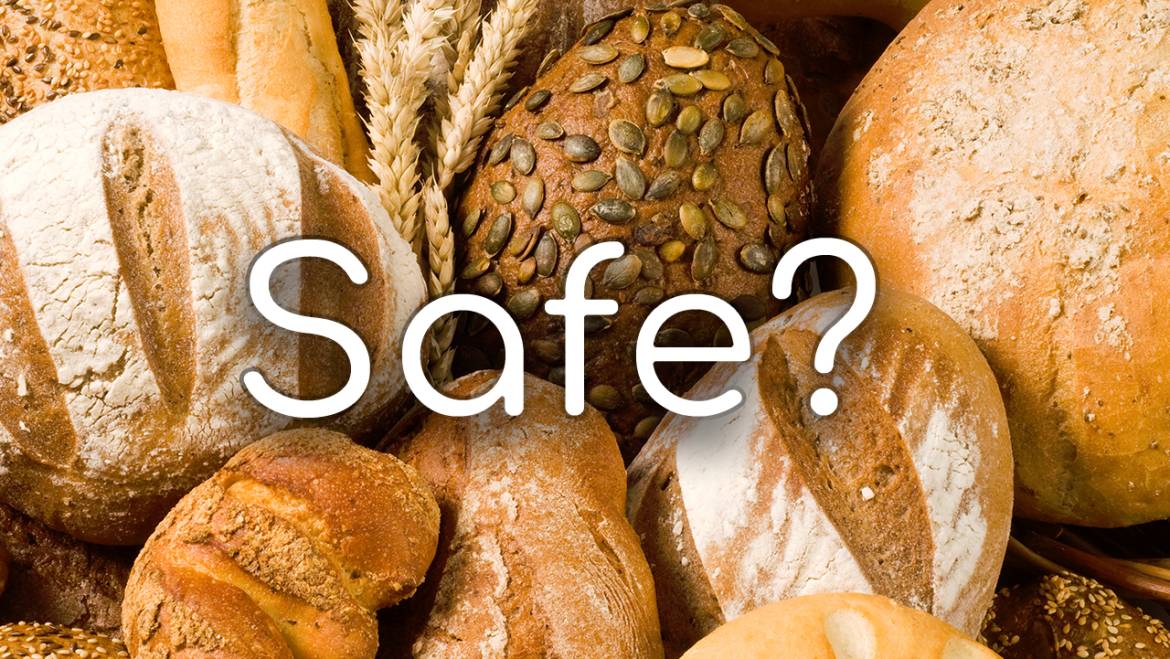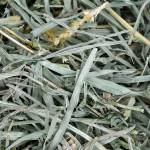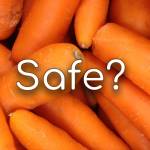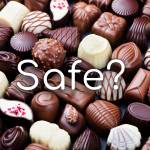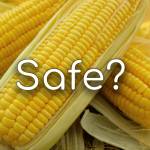As a chinchilla owner, you want to make sure that your pet is receiving a healthy and balanced diet. However, with so many different types of food available, it can be confusing to know what is safe and suitable for your furry friend to eat. Bread is a staple in many human diets, and you may be wondering if it’s safe to give your chinchilla a piece of bread as a treat or part of their diet. In this guide, we’ll explore whether chinchillas can eat bread and everything you need to know about feeding your pet chinchilla a healthy diet.
What is Bread?
Bread is a food made from flour, water, yeast, and other ingredients, such as sugar, salt, and fat. It’s a staple in many human diets and is available in various types, such as white bread, wholemeal bread, rye bread, and sourdough bread. Bread can be a good source of carbohydrates, fiber, and some vitamins and minerals. However, it’s also high in calories and can be unhealthy if consumed in excess.
Can Chinchillas Eat Bread?
The short answer is yes, chinchillas can eat bread. However, it’s not recommended to make bread a regular part of your chinchilla’s diet. Bread is not a natural food for chinchillas, and they don’t need it to stay healthy. In fact, bread can be harmful to your chinchilla’s health if consumed in excess or on a regular basis.
The Risks of Feeding Bread to Your Chinchilla
Bread contains several ingredients that can be harmful to chinchillas if consumed in large amounts or on a regular basis. Here are some of the risks of feeding bread to your chinchilla:
- Bread is high in carbohydrates and calories. Chinchillas have a sensitive digestive system and need a diet that is low in carbohydrates and high in fiber. Feeding your chinchilla too many carbohydrates can cause digestive issues, such as diarrhea, bloating, and gas.
- Bread contains sugar and salt. Sugar and salt are not suitable for chinchillas and can cause health issues such as dental problems, high blood pressure, and dehydration.
- Bread can contain additives and preservatives. Some types of bread contain additives and preservatives that are not suitable for chinchillas and can cause health problems.
- Bread can cause blockages in your chinchilla’s digestive system. Chinchillas have a small digestive system, and bread can cause blockages in their intestines if not digested properly.
- Bread can lead to obesity. Chinchillas that consume too many calories can become overweight, which can lead to health problems such as heart disease, liver disease, and diabetes.
What Should You Feed Your Chinchilla Instead of Bread?
Chinchillas need a diet that is high in fiber, low in carbohydrates, and rich in vitamins and minerals. The best way to ensure that your chinchilla is getting the nutrients they need is to feed them a high-quality chinchilla pellet that is specifically formulated for their dietary needs. In addition to chinchilla pellets, you can also feed your chinchilla hay, fresh vegetables, and fruits in moderation.
Here are some of the best foods to feed your chinchilla:
- Hay: Hay is an essential part of your chinchilla’s diet and should make up the majority of their food intake. Timothy hay is the best type of hay for chinchillas, as it’s high in fiber and low in calories. It also helps to wear down their teeth, which continually grow throughout their lives.
- Chinchilla Pellets: High-quality chinchilla pellets should make up a small portion of your chinchilla’s diet. Look for pellets that are specifically formulated for chinchillas and avoid those with added sugars or artificial preservatives.
- Fresh Vegetables: Fresh vegetables are a great source of vitamins and minerals for your chinchilla. Some good options include kale, spinach, carrots, and parsley. Be sure to wash the vegetables thoroughly before feeding them to your chinchilla.
- Fruits: Fruits can be fed to chinchillas in moderation as a treat. Some good options include apples, pears, and bananas. However, fruits are high in sugar and should only be given occasionally.
Tips for Feeding Your Chinchilla
When feeding your chinchilla, it’s essential to follow some basic guidelines to ensure that they are getting a healthy and balanced diet. Here are some tips to keep in mind:
- Provide fresh water at all times. Chinchillas need access to clean, fresh water at all times. Change their water daily and use a water bottle instead of a bowl to prevent them from spilling it.
- Limit treats. Treats should only make up a small part of your chinchilla’s diet and should be given in moderation. Too many treats can lead to obesity and other health problems.
- Introduce new foods gradually. When introducing new foods to your chinchilla, do it slowly and in small amounts to prevent digestive issues.
- Avoid foods that are high in sugar or salt. Foods that are high in sugar or salt are not suitable for chinchillas and can cause health problems.
- Always monitor your chinchilla’s weight. Regularly weigh your chinchilla to ensure that they are maintaining a healthy weight. If you notice that they are gaining weight, adjust their diet accordingly.
In conclusion, chinchillas can eat bread, but it’s not recommended to make it a regular part of their diet. Bread is high in carbohydrates, sugar, and salt, and can be harmful to your chinchilla’s health if consumed in excess. Instead, feed your chinchilla a diet that is high in fiber, low in carbohydrates, and rich in vitamins and minerals. This can include hay, chinchilla pellets, fresh vegetables, and fruits in moderation. Follow the tips outlined in this guide to ensure that your chinchilla is getting a healthy and balanced diet. Remember, a healthy diet is essential to keep your chinchilla happy and healthy for years to come.

